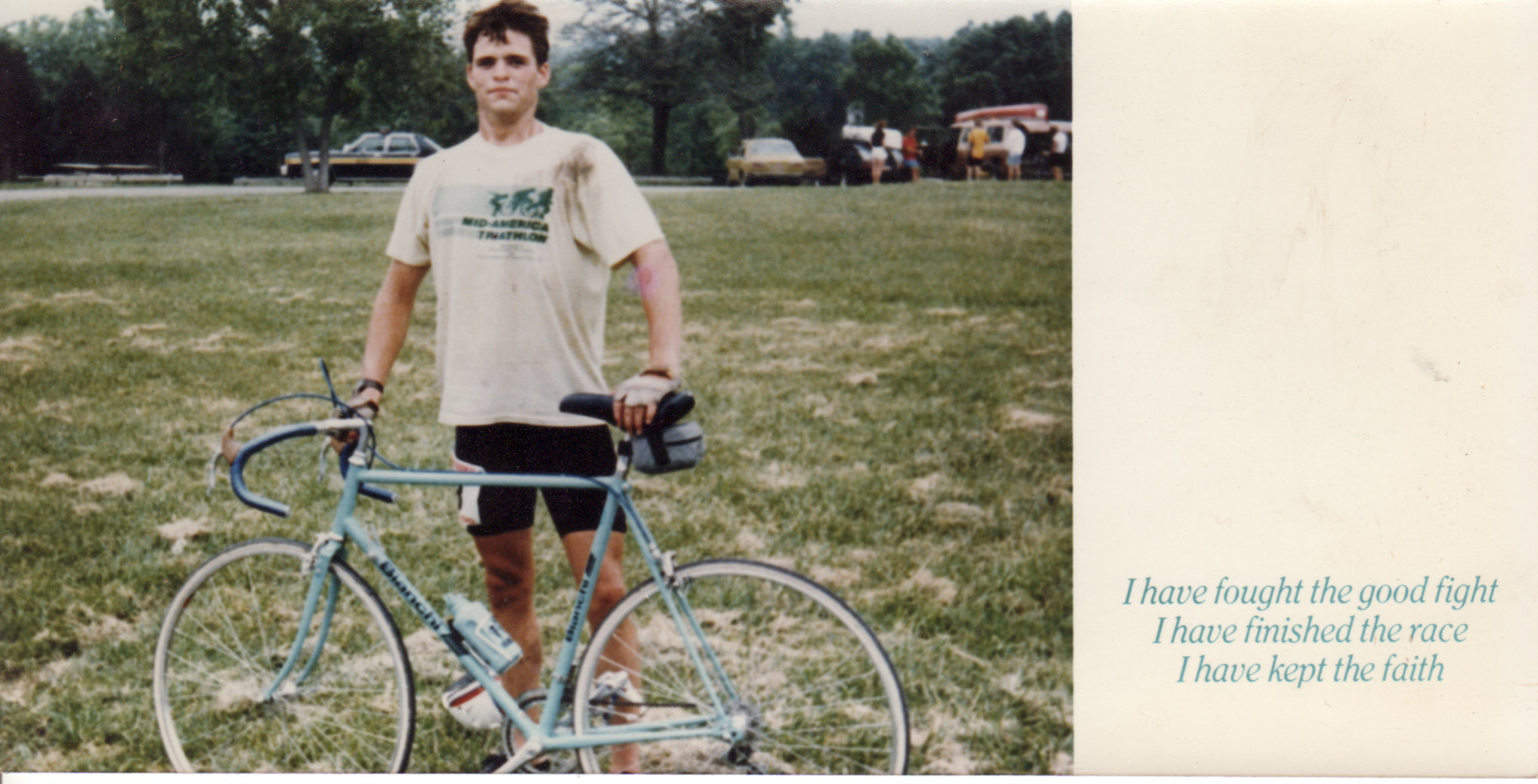Funny thing. I was talking with my two older children the other night, and I started telling them stories about this friend I knew in college. Actually, I had known him since high school, but the stories were from the days we lived in the dorm on campus.
Paul Childs was a unique character. As a pre-med student, he studied voraciously. He would spend hours in the study room at the dorm, where the only rule was that you had to be quiet. I only went into the room a few times in my entire college career, for the express purpose of trying to make him laugh so he would have to leave the room. I never went in there to study — I never really saw the point. Anyway, Paul had a laugh that was infectious; his laugh made us laugh.
And that’s the way it was with Paul. His joy for living rubbed off on us. Which is why it shocked us so much when he died in suddenly at the age of 20, two weeks into our senior year of college.
The summer of 1986, Paul and I worked at the church we had attended all our lives. We were on the summer youth staff, working with high school students and having the time of our lives. We went on retreats and mission trips, had bible studies, hung out with the kids, and became even better friends. I met Paul my sophomore year in high school, so we had known each other for six years. Four of us — Paul, our friend Jim, my twin brother Kevin, and I — were inseparable. We had a great life.
Then, early in September of that year, Paul competed in yet another triathlon. This one he did not complete. Paul was in contention for the lead in the Baptist Medical Center Triathlon when his bicycle collided with a truck which had been directed into the intersection by a police officer who didn’t know Paul was coming.
There was a nice article in the Sept 9, 1986, Kansas City Star. The article quotes a friend of Paul, who said this about him:
We set goals, and he always tried to accomplish them. Before the triathlon at Lake Jacomo, he sprained his ankle playing soccer. He was so competitive…that he ran the 10ks on crutches. He finished last and was proud of it. He finished what he started.
It’s always sad when someone dies, and even sadder when they die at an early age. But our memories of them live on, and that makes the pain a little easier to bear.
I told you about Paul’s laugh; when you heard him laugh, you wanted to laugh too. Paul loved to laugh, and he loved life.
Not everyone knew that Paul in high school began to visit nursing homes to spend time with the old folks there. It started as a service project with his youth group, but when the project ended, Paul continued. He returned to the nursing home on a regular basis, through high school and into college. It seems that when Paul started something, he didn’t give up.
Those who knew him could see that perseverance in his triathlon training. It takes determination and perhaps stubbornness (maybe a little bull-headedness!) to run a 10k on crutches – who does that? – but think about the dedication and commitment to excellence that caused him to train, to work hard, to sacrifice so that he had the endurance and mental preparation necessary to actually travel ten kilometers on crutches. Paul never gave up. He finished what he started.
It’s been over 30 years, and the memories of my friend are still vivid today. I laughed with him, supported him in his races, and saw over 800 people gather at his funeral to celebrate his life. Whether it was visiting an old woman in a nursing home, or facing a ten-kilometer track on crutches where he knew he would lose, Paul persevered. He endured. And I think Paul Childs could say, along with the apostle Paul: I have fought the good fight, I have finished the race, I have kept the faith.

